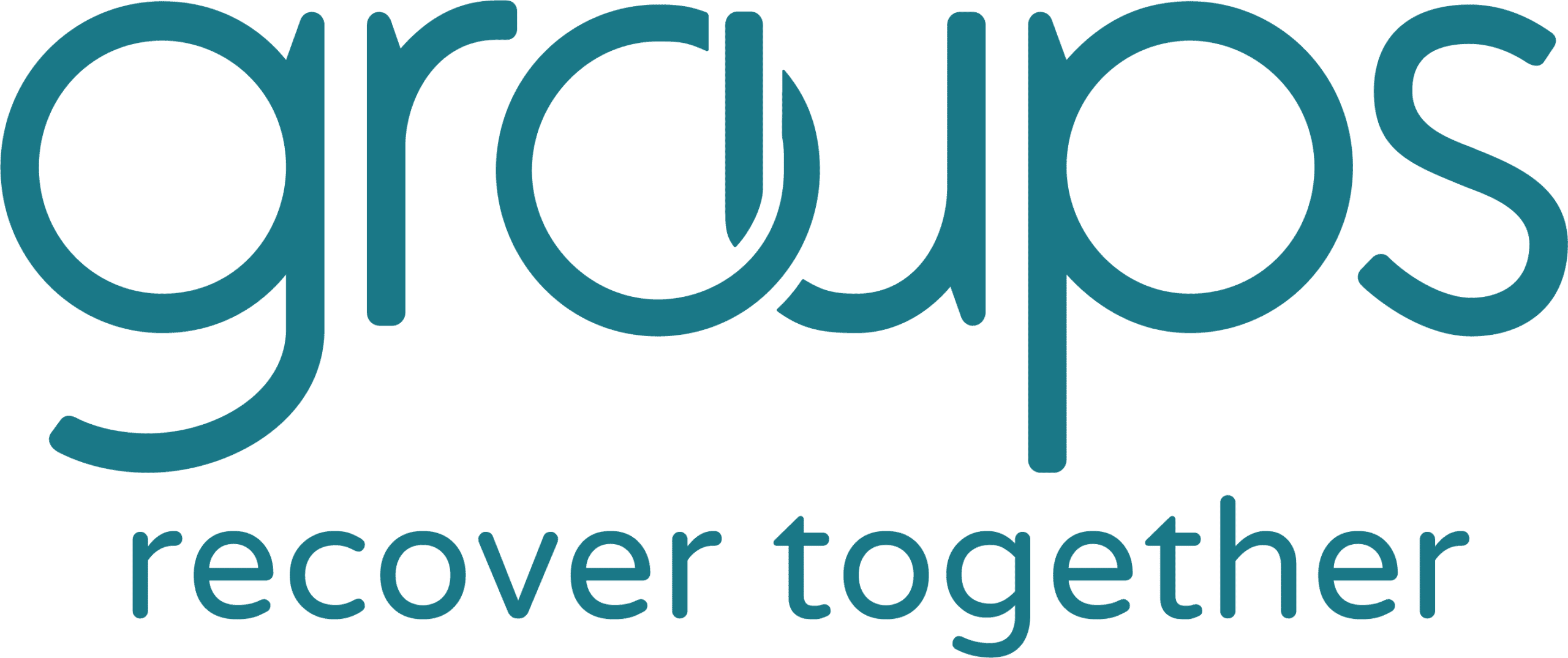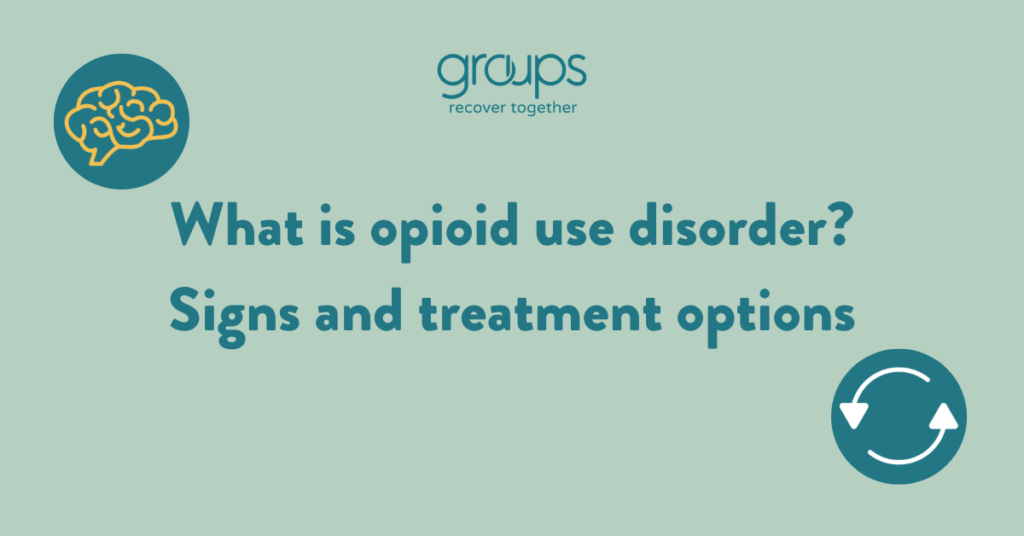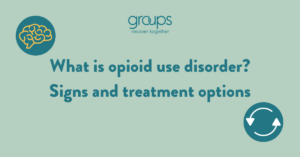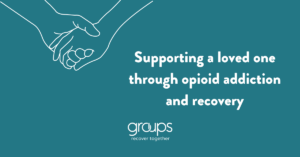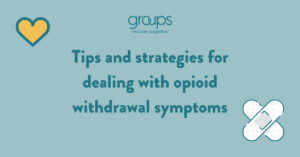Do you struggle with pills, fentanyl, heroin, or other opioids? Learn about opioid use disorder signs and treatment.
Opioid use disorder (OUD) is a common substance use disorder. In the U.S., around 2.7 million people have OUD.
When using opioids, there’s always some risk of overdose. Knowing how to reduce the risk of overdose and other health problems is important. This is true even if you’re not interested in OUD treatment.
Think you might have OUD and wondering if treatment is right for you? Keep reading to learn more about the condition.
What is opioid use disorder (OUD)?
Opioid use disorder (OUD) is a type of substance use disorder. People may be diagnosed with OUD if they regularly use opioids and face issues as a result.
Anyone can have OUD, regardless of who they are, where they live, or their background.
What are the signs of OUD?
People may be diagnosed with OUD if they show some or all of the following signs:
- Using opioids for longer or at higher doses than planned.
- An ongoing desire to stop or cut back on using opioids.
- Spending a lot of time trying to get opioids, use them, or recover from them.
- Persistent cravings for opioids.
- Consequences of opioid use that disrupt daily life or responsibilities (e.g., work, school, hobbies, social problems).
- Using opioids in risky situations.
- Ongoing opioid use even if it causes or worsens health or emotional or social problems.
- Needing higher doses to get the same effects.
- Experiencing symptoms of opioid withdrawal.
- Needing the same or similar substances to prevent or help withdrawal symptoms.
OUD can be diagnosed by health care providers and mental health professionals.
What are the risks of OUD?
There are two main health risks related to opioid use:
- Overdose: Using opioids can sometimes lead to overdose. Overdoses are a leading cause of death. Carrying naloxone (Narcan) and knowing how to use it can help you protect yourself and others.
- Infections: Sharing needles can spread infections like HIV and viral hepatitis. Syringe service programs can help people who inject drugs reduce the risk of infection.
People with substance use disorders are also more likely to have certain mental health conditions. These include depression, anxiety, and post-traumatic stress disorder (PTSD).
How is OUD treated?
The “gold standard” treatment for OUD is medication. The medicines that work for treating OUD are Suboxone (buprenorphine-naloxone) and methadone. Both work well to help with cravings and withdrawal symptoms.
Suboxone is a long-acting partial opioid agonist. That means it partially acts on the areas of the brain affected by opioid use. Methadone is a full opioid agonist. Because Suboxone is a partial opioid agonist, it doesn’t make you feel “high.”
Most Groups members are prescribed Suboxone.
3 Groups members on life before and after OUD treatment
Before getting treatment at Groups, Ben no longer felt connected to who he was. “I’d drink and use and do whatever I could to not be me ‘cause I wasn’t happy with who I was,” Ben said. “I lied. I cheated. I stole. I was going to lose my housing. I had lost a lot of friends. I was secluding myself completely. My job knew what I was doing. They were ready to fire me. I just felt like I was going to lose everything that I had.”
Because of OUD treatment at Groups, “I feel like I’m back to who I really am as a person,” Ben said. “They’ve given me myself back.”
For Amber, stopping opioid use without support was difficult. “I kept trying to get clean on my own and I ended up overdosing. Groups … makes you feel like you’re in control,” Amber said. “I can actually wake up and say I’m happy now.”
Adam started treatment so he could get more out of his life. “Addiction was my best friend and my worst enemy. It consumed me. I couldn’t do anything without it. I didn’t want to be that person anymore,” Adam said. “Groups laid this foundation for me to get better. They showed me, like, these are the steps you need to take. They gave me a prescription for Suboxone and I felt like my normal self.”
OUD treatment at Groups
Groups Recover Together is a leading OUD treatment provider. Our caring doctors prescribe Suboxone online or in person. This means that you can get treatment when and how it’s comfortable for you.
Our research shows that Groups members are 2x more likely to survive than those in OUD treatment somewhere else.
Groups members meet weekly with peers and trained counselors. They also get support for goals beyond recovery. We can help with housing, health care, food, jobs, school, transit, and more.
We believe that anyone who wants treatment should be able to get it. Groups accepts most insurance and Medicaid plans and can support uninsured folks.
Want to learn more about whether Suboxone at Groups is right for you? Give us a call at (888) 858-1723 any time, day or night.
